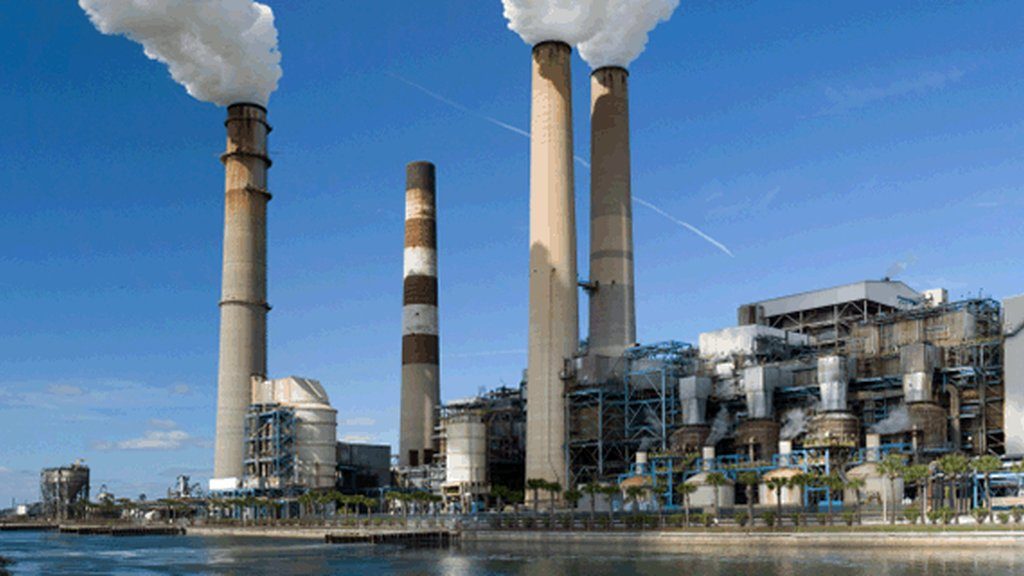15 Jun 2015
By Obinna Chima
The Managing Director and Chief Investment Officer of FBN Capital Asset Management Limited, Mr. Michael Oyebola, has highlighted Nigeria’s position as the top foreign institutional funds destination in West Africa.
He made this known in a presentation titled: “Nigeria: West Africa’s most viable destination for US institutional funds,” during the 2015 edition of the Africa Institutional Funds and Managers’ Series (AIFMS), held in New York recently.
Oyebola stated that Nigeria has a compelling investment business case, despite the socio-economic challenges she is contending with. He noted that Nigeria continues to show great potential in core areas of interest to traditional institutional fund managers, while her burgeoning middle-class and status as Africa’s largest economy following her Gross Domestic Product (GDP) rebasing, establishes her as the sub-region’s most viable investment destination.
He also highlighted the country’s ongoing revival in agriculture, its vast and untapped power resources, a progressive financial services sector, the untold potential which remains in oil and gas, as well as a vibrant telecoms and ICT industry, among other investment-stimulating factors. According to him, “in agriculture the investment opportunities which exist in food processing and storage facilities, crop production, and animal husbandry due to a huge domestic demand are many, while in the power sector, the nation’s gas agenda facilitates a potential for aggressive gas-based industrial growth.”
Furthermore, he noted that crucial to the successful performance of institutional fund investment from the US and other continents to Nigeria, was partnership with leading investment and asset management firms in the sub-region to ensure knowledge and expertise of the local operating environment.





 afric-Invest
afric-Invest



